US President Donald Trump on July 31 signed an executive order confirming the application of reciprocal tariffs on goods from dozens of countries, with adjusted tax rates ranging from 10% to 41%.
According to an announcement from the White House, all items deemed to have been transshipped to avoid current tariffs will be subject to an additional 40% tax.
For countries not on the latest list of the order, goods from these countries will be subject to an additional 10% tariff, the statement said.
These adjusted tariffs will take effect on goods “imported for consumption on or after the date of the decree” except in certain special cases.
Economists warn that higher tariffs will increase costs for importers, which will ultimately be passed on to American consumers. The resulting hit to spending could drag down the main growth engine of the US economy.
The products threatened with tariffs include coffee, clothing, rice, cocoa and electronics - essential and popular products for Americans.
According to the American Coffee Association, more than 99% of the coffee consumed in the US is imported, mainly from Brazil and Colombia. According to AFP, Brazil - the source of more than 30% of the supply - faces tariffs of up to 50%. Next, clothing items such as shirts and sweaters may also increase in price due to the new tax.
In addition, according to the US Department of Agriculture (USDA), the US is the largest rice importer in the Western Hemisphere, about 1.3 million tons per year.
Of which, more than 60% are rice varieties such as jasmine rice from Thailand, basmati rice from India and Pakistan. These three countries will be subject to reciprocal taxes of 19%, 25% and 19% respectively.
According to the USDA, the US also imports an average of more than $1.1 billion worth of cocoa beans each year, mainly from countries like Ivory Coast (a country in West Africa) and Ecuador. In addition, cocoa butter imported from Indonesia and Malaysia will also be taxed at the same 19%.
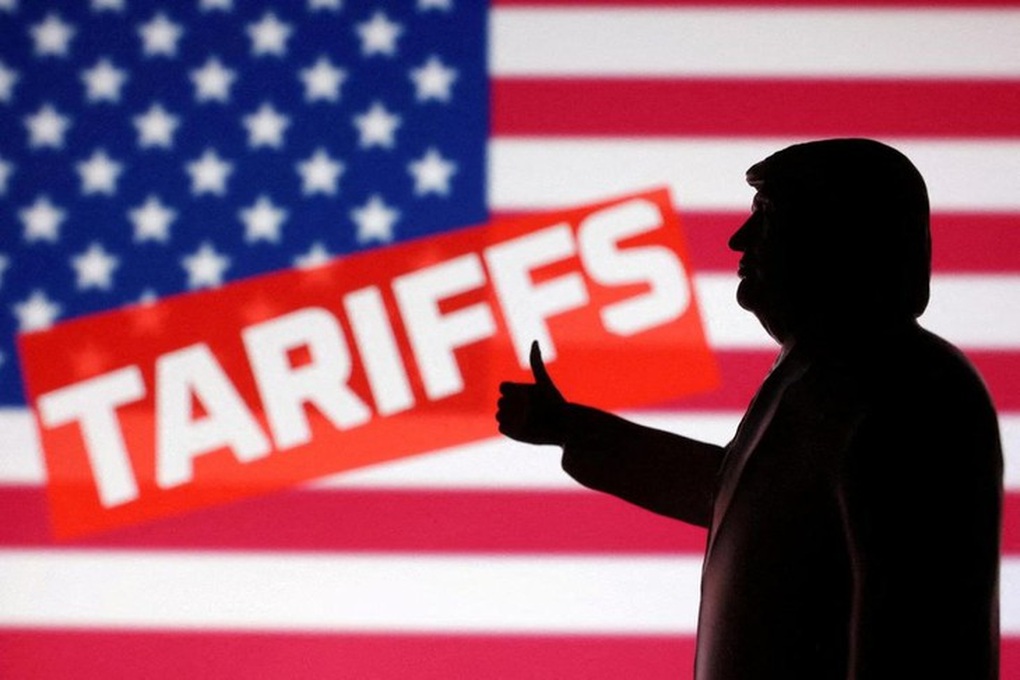
The US has just announced tariffs applicable to dozens of trading partners (Photo: Reuters).
Mr. Trump also threatened to impose a 50% tariff on imported copper, a metal widely used in construction and electronics manufacturing. According to consulting firm BCG, this move could increase the cost of raw materials by $8.6 billion, pushing up the prices of electronic and construction products.
Observers warn that the imposition of these new tariffs will immediately cause American consumers to feel direct pressure on their wallets, especially in the context of an unstable global economy.
In addition, US President Donald Trump also signed an executive order to stop the application of the "de minimis" rule - exempting import duties and customs inspections for all goods valued at 800 USD or less when entering the US. The executive order takes effect from August 29.
In the coming time, goods sent to the US via the postal system will be subject to one of two types of import tax. One is a percentage tax (%), calculated on the value of the goods, as applied to other countries. The other is a fixed tax of 200-800 USD for the first 6 months, depending on the origin.
The US “de minimis” rule, which dates back to 1938, has been increasingly criticized by both Democratic and Republican lawmakers, who say it is a loophole that allows cheap Chinese goods to flood in, harming domestic manufacturing and facilitating drug smuggling.
Source: https://dantri.com.vn/kinh-doanh/5-mat-hang-xuat-khau-chiu-tac-dong-lon-nhat-boi-thue-quan-cua-my-20250801225926441.htm








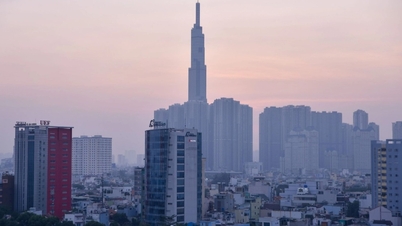











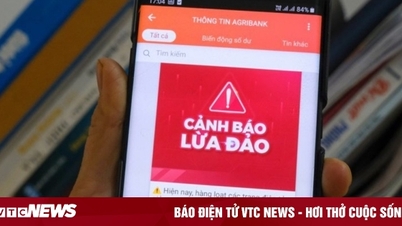




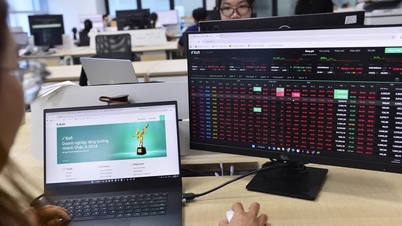





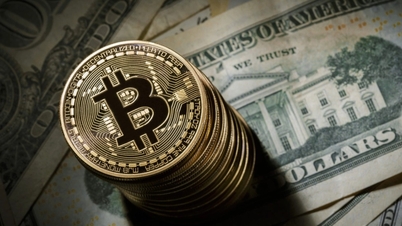





![[Photo] Prime Minister Pham Minh Chinh receives Secretary of Shandong Provincial Party Committee (China) Lin Yu](https://vphoto.vietnam.vn/thumb/1200x675/vietnam/resource/IMAGE/2025/9/26/821396f0570549d39f33cb93b2e1eaee)






















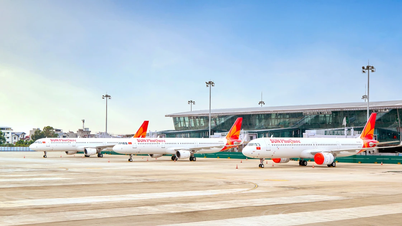






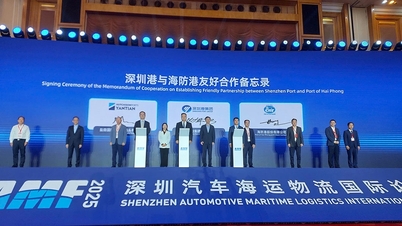









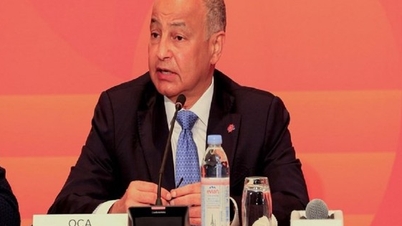
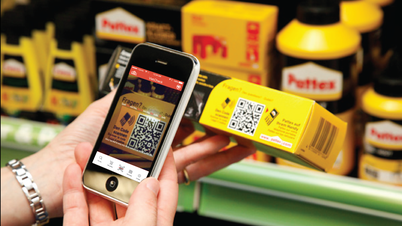

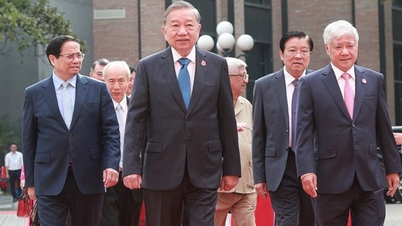














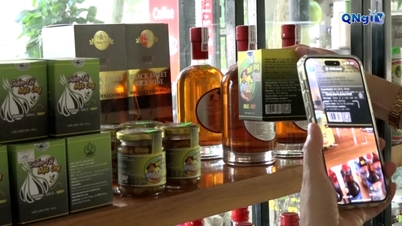









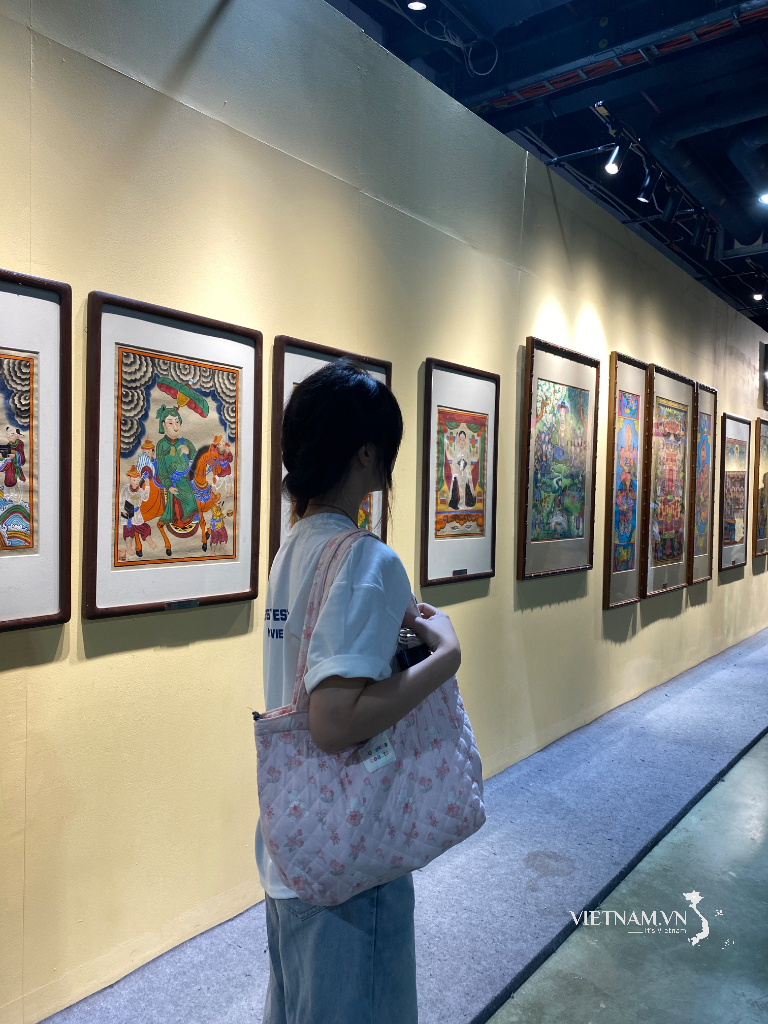

Comment (0)